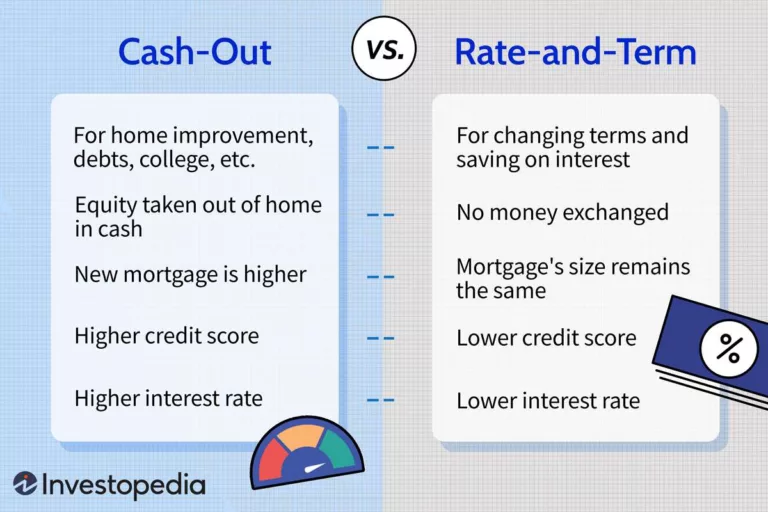Tax Implications of Mortgage Refinance: Smart Savings Unveiled
Refinancing your home mortgage can save you money. But many people don’t know how it affects taxes. We’re here to help you!
What Does Refinancing Mean?
Refinancing is when you get a new mortgage to replace the old one. It can lower your payments or shorten your loan time.
Can You Deduct Refinancing on Your Taxes?
Sometimes you can deduct refinance costs. But there are rules you must know first.
Home Mortgage Interest Deduction
You might be able to deduct the interest from your taxes.
But, the new loan must be for your home and not too big.
Only the interest on the first $750,000 of your loan is deductible.
This amount changes if you are married but file separately.
Points Deduction When You Refinance
| Term | Description | Tax Implication |
|---|---|---|
| Points | These are fees you pay upfront. | You may deduct these slowly over the loan’s life. |
Each point is typically 1% of your loan amount.
No Deduction for Capitalized Interest
Capitalized interest is not deductible.
This interest is added to your loan’s balance if you don’t pay it.
So, try to pay the interest before it gets added to your loan.
Tax Implications for Cash-out Refinance
A cash-out refinance is special.
It means you get more money than your old mortgage balance.
Beware! This extra cash is not taxed unless you don’t follow rules.
You must use the money on your home to get tax breaks.
Buying things like cars with the cash won’t help with taxes.
Mortgage Insurance Premiums Deduction
Sometimes you must have insurance for your loan.
You can often deduct these premiums.
But, there are some income limits to do so.
Home Improvements and Taxes
Making your home better can also affect taxes.
If you take cash out to improve your home, it can help at tax time.
- New Roof: It could be tax deductible.
- Energy Efficient Windows: These may help on taxes, too.

Credit: m.facebook.com

Credit: www.usbank.com
Always Keep Records
It’s super important to keep all your documents.
They prove what you spent and why.
- Tax returns are easier with good records.
- Keep them safe for at least three years.
When to Seek Help
Taxes can be tricky after a refinance.
A tax person can help make sure things are done right.
Look for someone who knows about taxes and homes.
Final Thoughts
Refinancing can be great for your wallet.
But, knowing the tax rules makes sure you save even more.
So, always check on how your taxes will change.
This way, you can enjoy your smarter mortgage without tax worries.
Frequently Asked Questions On Tax Implications Of Mortgage Refinance: Smart Savings Unveiled
Can Refinancing Affect My Taxes?
Refinancing your mortgage can have tax implications, potentially affecting mortgage interest deductions on your federal income tax return.
Is Mortgage Interest Still Deductible After Refinance?
Yes, mortgage interest remains deductible after a refinance, subject to IRS rules and limits on the amount of the mortgage and qualifying loans.
What Are Points In Mortgage Refinance Tax?
Points paid during mortgage refinance for loan origination or discount points may be tax-deductible, either in the year paid or over the loan’s life.
Does Refinancing Property Trigger A Tax Event?
Refinancing itself doesn’t trigger a taxable event, but it can alter tax deductions or lead to a potential tax obligation if you cash out equity.




